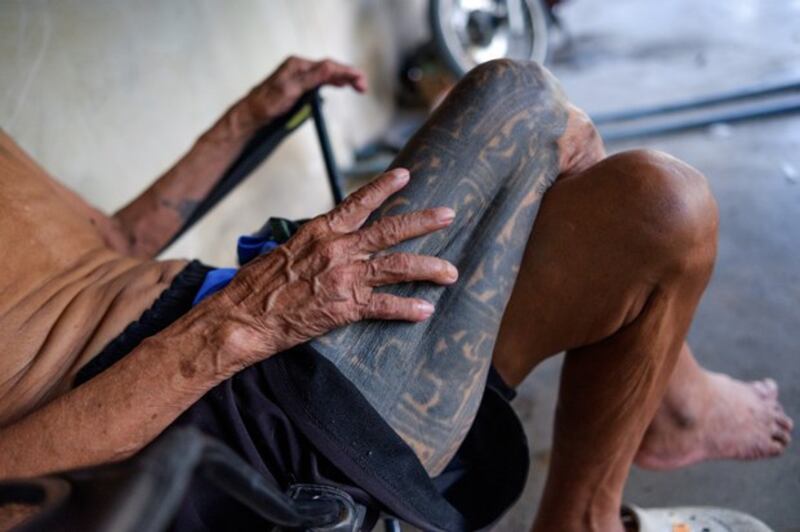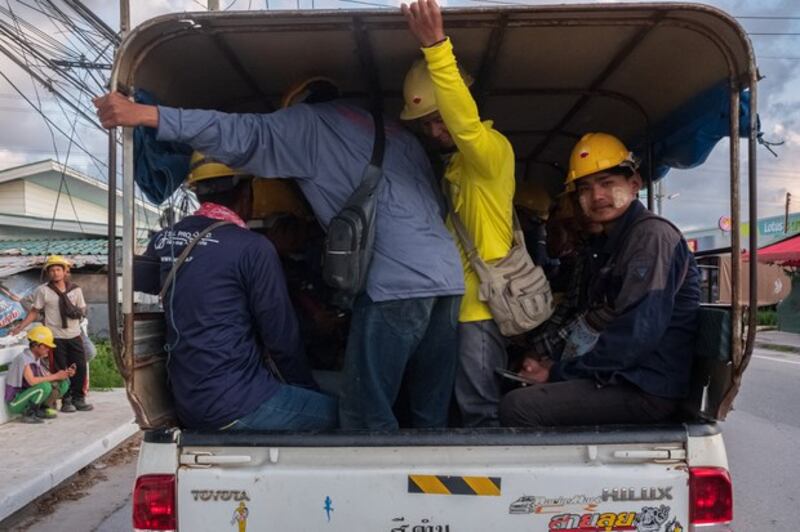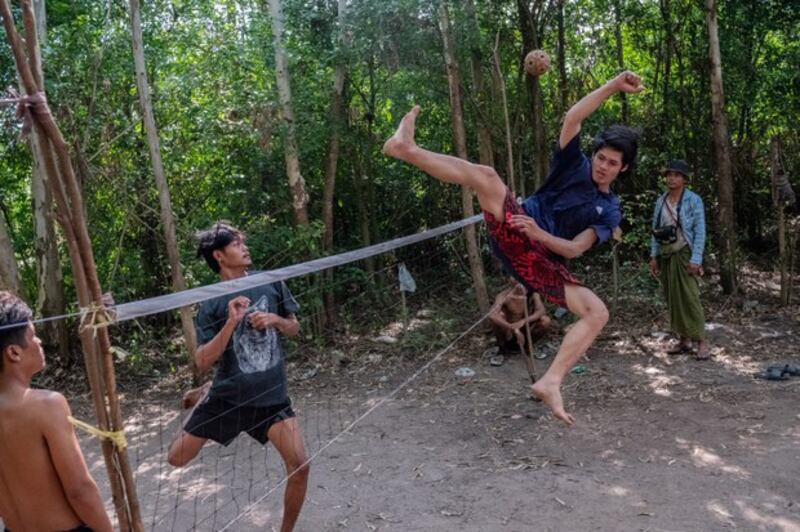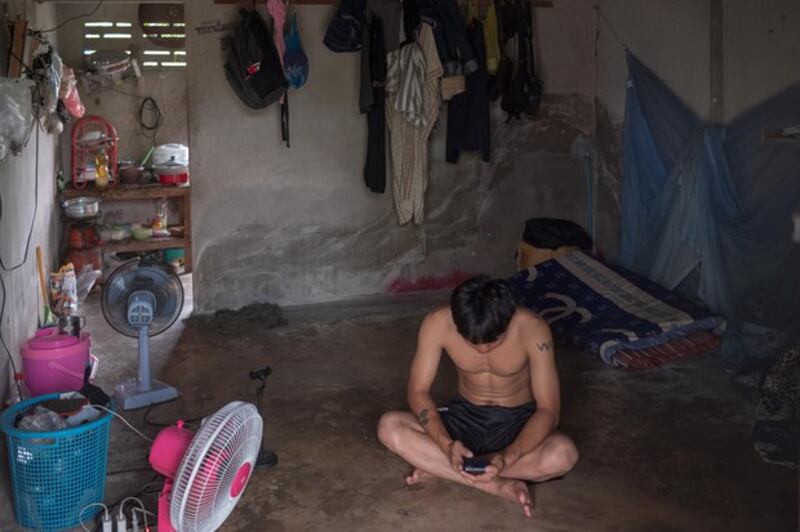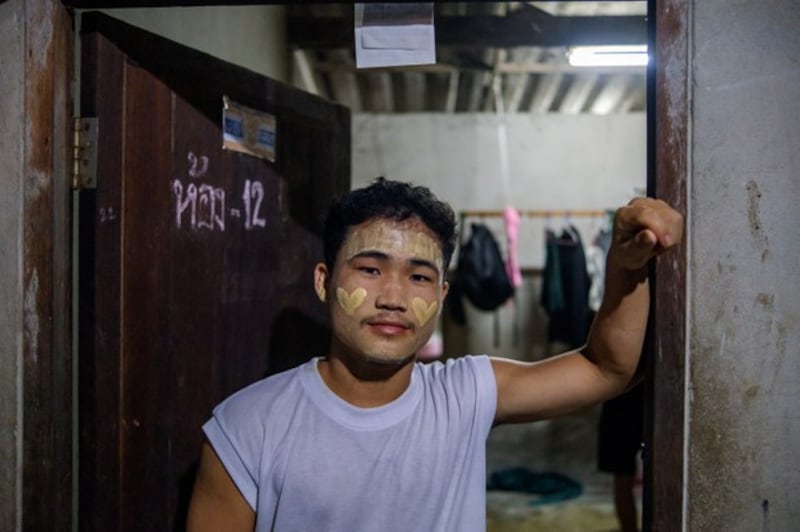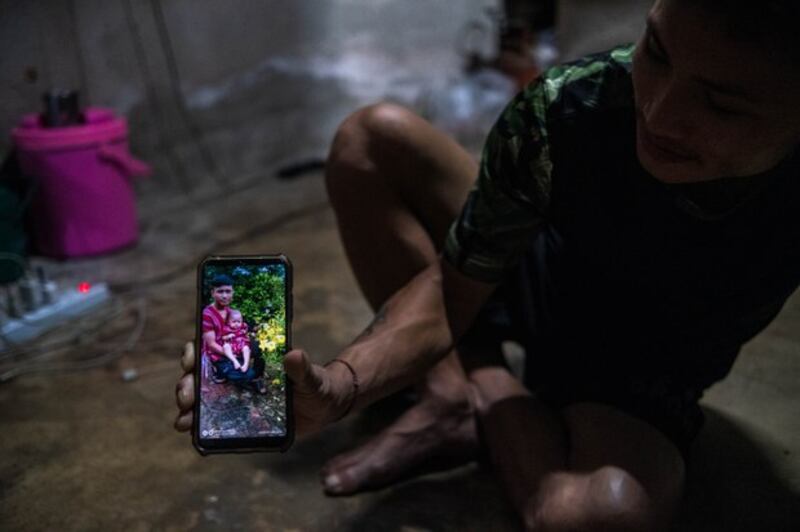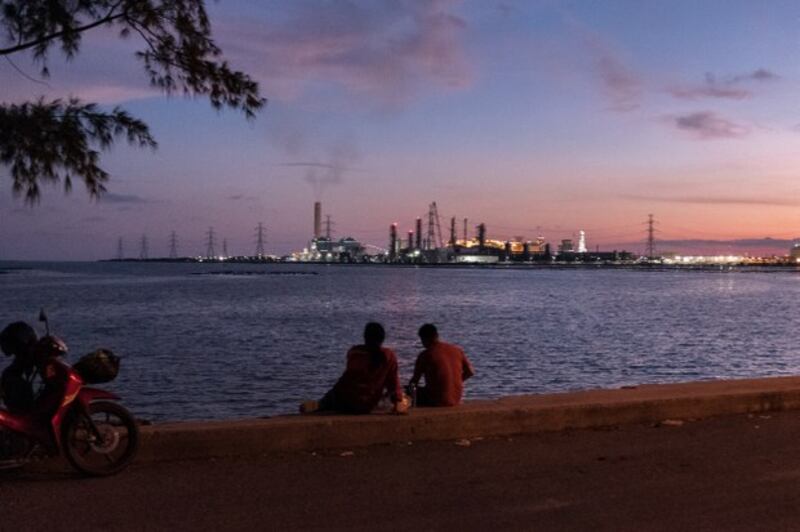Watjanaphol Srichumpuang, a Thailand-based photographer for BenarNews, has won an award from Amnesty International for a photo story he produced last year documenting the lives of Karen refugees in Rayong province.
He was among journalists and others named as winners of the 2024 Human Rights Media Awards, which were announced by the Thai chapter of Amnesty International on Monday.
His photo essay for BenarNews, "From Karen state to Rayong: Fleeing war to a new life far from home," received the third prize in the Photo Category on the topic of Human Rights, Amnesty International Thailand said. His work made it onto a shortlist of 10 finalists for that category culled down from 121 entries.
BenarNews originally published this photo story in Thai on Nov. 19, 2024. Here's an English version of the text and accompanying photos:
Pan Nai, a 43-year-old ethnic Karen refugee who fled a long-running fight for independence between his group and Myanmar’s security forces, has built a new life in Thailand’s eastern industrial province of Rayong.
After having spent years in a border refugee camp, he is now legally employed at a plastic manufacturing factory on the Map Ta Phut Industrial Estate and earns a salary that is higher than the province’s minimum wage of 400 baht ($11) per day.
“Working in Thailand is better than living in a war zone. Here, I earn a stable income with social security benefits,” Pan Nai told BenarNews.
“I even brought my father from the refugee camp to live with me. Being safe makes me happier than living with bombs and bullets.”
When what was then called Burma gained independence from Britain in 1948, the Karen, who live along Myanmar’s eastern border with Thailand, demanded independence for their ethnic group separate from Myanmar.
The Karen National Liberation Army (KNLA) has been fighting against the Myanmar army and other ethnic minorities for decades in pursuit of this goal.
Pan Nai said he wanted a better life than living amid conflict. He has also helped set up a community of more than a dozen Karen workers in Rayong who live in modest rental rooms near the industrial estate.
“Once I got to know this place well, I invited others to work here. Now, there are about 20 of us,” Pan Nai said.
The Karen workers have integrated with local Thais, sharing meals with them and participating in leisure activities.
Ama, another Karen man who works on the estate, said such a life would not be possible in Myanmar.
“Back home, it’s a never-ending fight,” Ama, who goes by a single name, told BenarNews.
“Here, we fight for a living, not against guns and bombs.”
